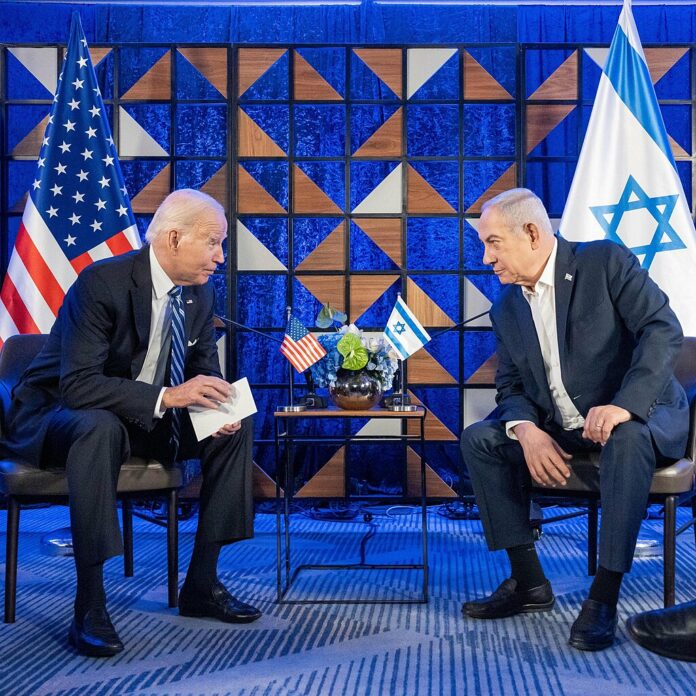The assassination of Hamas leader Ismail Haniyeh exacerbates tensions between Israeli Prime Minister Netanyahu and the Biden administration
The assassination of Ismail Haniyeh, a senior Hamas leader, in Tehran has intensified scrutiny of Israeli Prime Minister Benjamin Netanyahu’s relationship with the United States. While Netanyahu was in the US speculating about a ceasefire deal, the assassination—a remote-controlled bombing orchestrated while Haniyeh was under the protection of Iranian Revolutionary Guards—was reportedly executed without prior US knowledge.
US Secretary of State Antony Blinken was informed of the attack only after it occurred, highlighting a significant disconnect between the Israeli government and its American allies. The assassination undermines ongoing ceasefire negotiations and complicates the US’s diplomatic efforts to resolve the conflict.
Embed from Getty ImagesCritics argue that Netanyahu’s actions reflect a disregard for US diplomatic initiatives. The killing has drawn accusations of sabotage from figures like Qatar’s Prime Minister Sheikh Mohammed bin Abdulrahman al-Thani, who questioned how mediation could succeed amidst such provocations.
In Washington, National Security Council spokesperson John Kirby tried to downplay the impact, suggesting the ceasefire process was not entirely derailed. However, former foreign policy adviser Matt Duss criticized President Joe Biden for not leveraging US military aid as a bargaining chip to restrain Israeli actions, which could have pressured Netanyahu to align with US objectives.
Biden’s frustration was evident when he publicly urged for a ceasefire, though he had to reassure the Israeli government of continued US support amidst threats from Iran and its proxies. The incident underscores the challenges faced by the Biden administration in managing its security relationship with a leader whose methods and objectives diverge sharply from its own.
Analysis:
Political:
The assassination highlights the tensions and differing strategies between the US and Israeli leadership, complicating diplomatic efforts and exposing friction in their alliance.
Social:
The incident could further inflame regional tensions and impact civilian safety, complicating humanitarian efforts and negotiations for a ceasefire.
Economic:
The ongoing conflict and military actions may affect global markets, particularly in sectors related to defence and energy, as instability in the Middle East continues.
Racial:
The killing and its repercussions contribute to ethnic and national divisions, affecting perceptions and relations between different groups within the region.
Gender:
The broader impact of the conflict, including the assassination, affects women and children disproportionately, given the humanitarian crises that arise from such violence.
